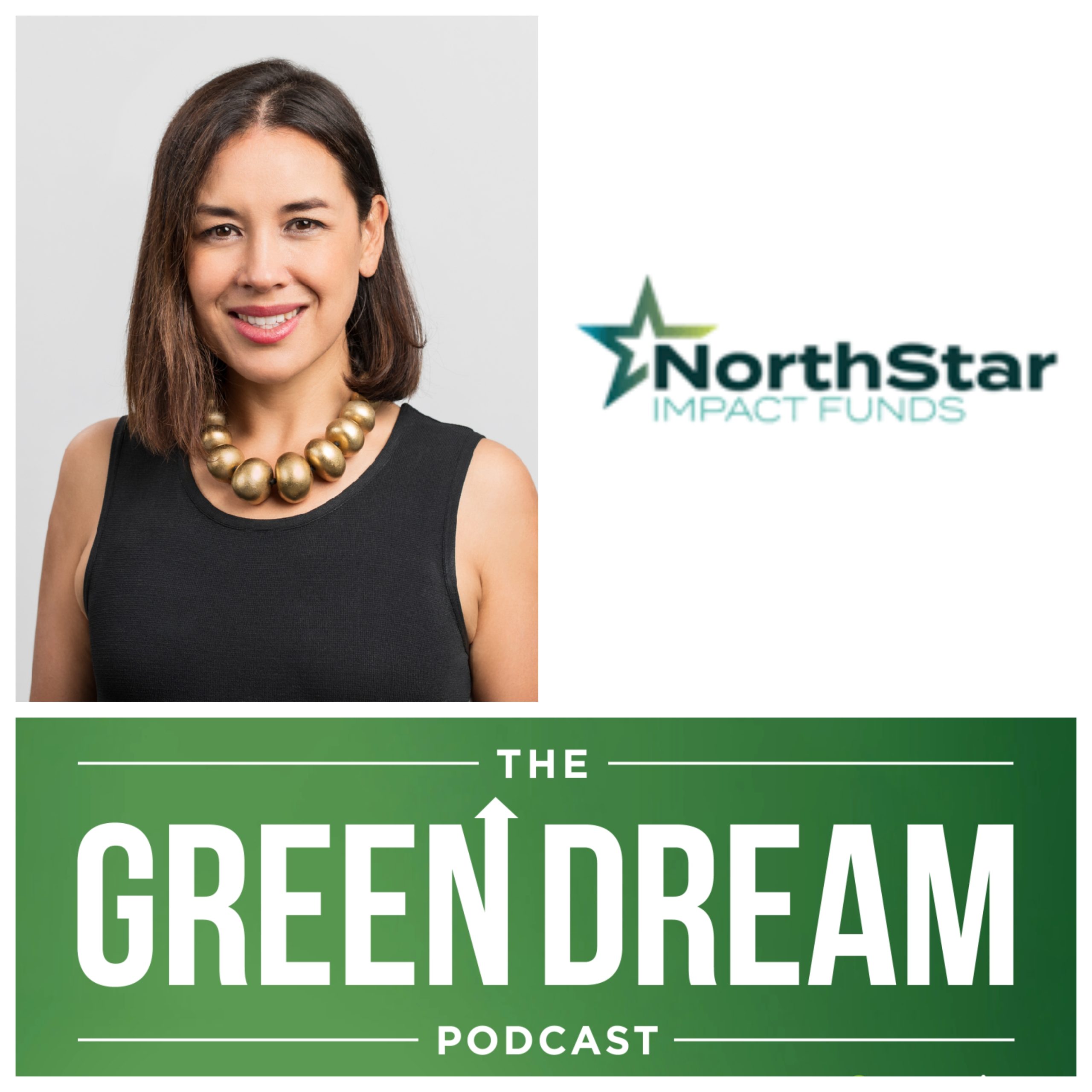Whilst we don’t often comment on individual cases, I feel compelled to write about a shocking experience that a family member of mine recently had with her large Industry Super Fund (to prevent bias, we won’t name the fund in this case).
She was due to receive a ‘Death Benefit Pension‘ from her late husband. In simple terms, this means that her late husband gave her the right to continue his tax-free pension portfolio in her name after his death. However, what should have been a smooth process became a stressful and traumatic experience, due to the limited knowledge and capacity of the super fund staff. The irony of the fund is that with over $150bn of client funds invested, the administration team was woefully underprepared to deal with this type of scenario. The fund provides benefits in terms of low cost investing…however a dangerous lack of knowledge of superannuation rules and regulations almost caused huge excess tax payable in this case. Luckily for my family member, I was able to guide her though the issues without financial loss. However, if she had done as instructed by the super fund, she would have cost herself a huge amount in tax, payable over the long term. The issues included:
– Multiple staff that we spoke to had absolutely no knowledge of the Death Benefit Pension rules. For example, if inheriting this type of pension it cannot be combined with your existing pension, it must be maintained as a separate account. This issue caused big delays in establishing the pension, during which time my family member couldn’t receive pension payments from the portfolio. She was therefore stuck in limbo, needing funds for her cashflow – a problem that she didn’t need at an already stressful time following her husbands’ sudden death.
– One staff member that we spoke to suggested that she simply withdraw the funds instead of receiving the Death Benefit Pension. This would have been disastrous in terms of tax! She was told that she could simple cash out her late husbands’ pension and then reinvest in her own super/pension. This advice was incorrect on many levels, including:
- The inability of a retiree to contribute to super (subject to eligibility age) and the non concessional cap annual limit meaning that the funds couldn’t be recontributed to super
- Therefore the late husbands’ funds would remain outside of super/pension creating taxable earnings permanently at my family members’ marginal tax rate, and the additional cost of capital gains tax (CGT) over time too
- A lack of understanding about the Transfer Balance Account rules, and their impact on this case
In summary, if you feel that the information you are getting from your Super Fund doesn’t sound correct, or if you are dealing in an area that requires a level of technical knowledge, we would encourage you to seek advice from an expert Financial Adviser – don’t leave it to chance, it could result in an irreversible decision that causes you a big financial impact. Regulations rquire that if you receive advice which is specific to your circumstances and not general in nature, it must be provided in a written (Statement of Advice) format. If you haven’t received the specific advice in written form, you have a problem!
See below for information about selecting a suitable Financial Adviser
https://www.youtube.com/watch?time_continue=5&v=t5i3vZGG308&feature=emb_logo





